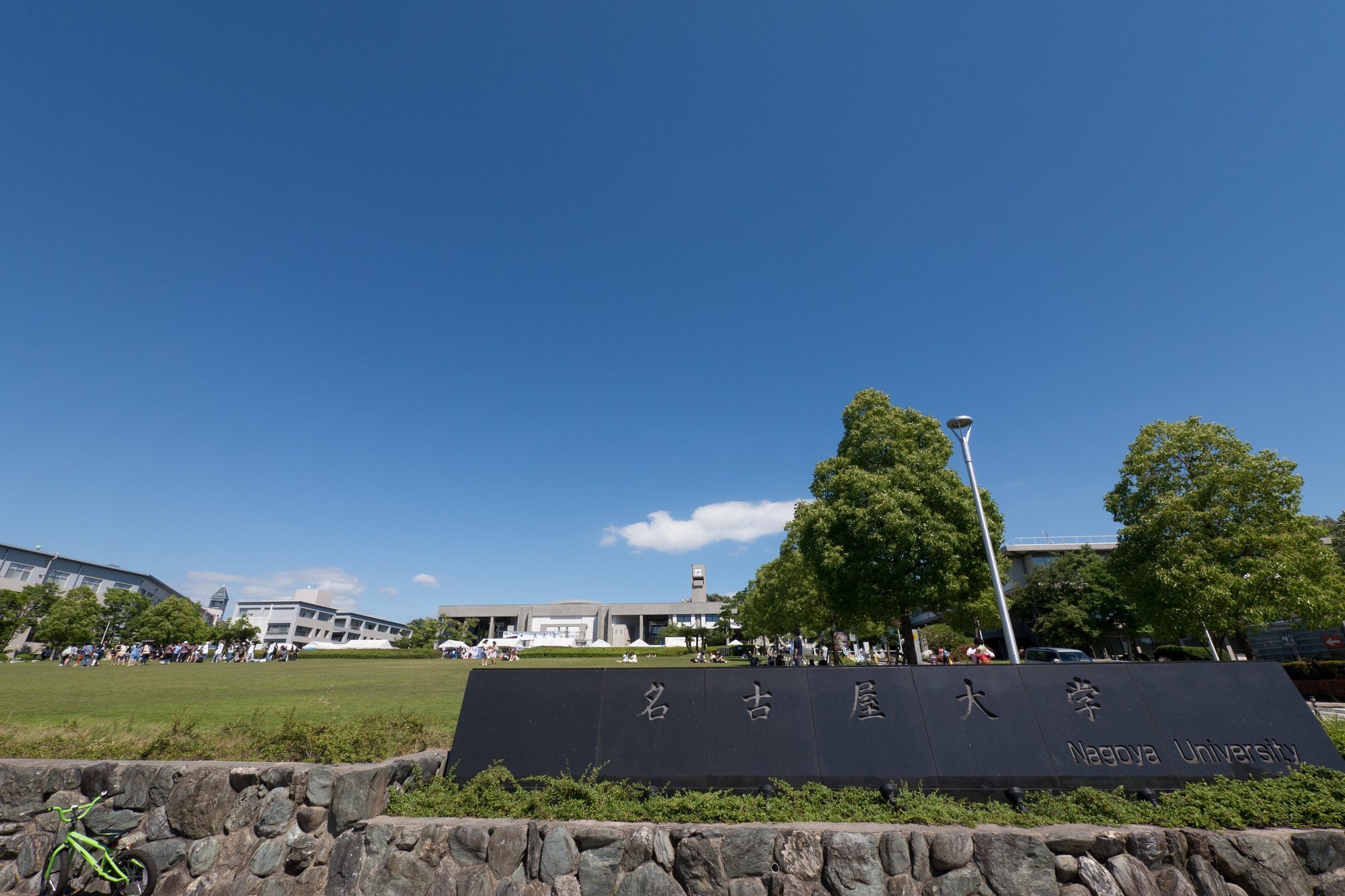Collaborative research with National Defense Medical College and others to prevent intestinal adhesions by applying a "nano-adhesive plaster" made of a thin film with a thickness of 80 nm (1 nm is one millionth of 1 mm) to the injured intestine of a mouse. The group reported for the first time in the world.This research was conducted by National Defense Medical College Hospital Surgery / Assistant Professor Akira Hino of the Graduate School of Pediatric Surgery, National Defense Medical College, Professor Shinji Takeoka of the Faculty of Science and Technology, Waseda University, and Associate Professor Manabu Kinoshita of the Department of Immunomicrocology, National Defense Medical College. , Was published in the online version of the British Journal of Surgery on March 1rd.
The research group has developed a "nano-adhesive plaster" that is as thin as a cell membrane.This thin film sheet can be applied to the surface of any organ or tissue without using an adhesive, and can be applied to the lungs when there is a hole in the lungs such as pneumothorax or when the vena cava tears and causes major bleeding. I have reported that it is possible to close the wound.In this study, the intestines of mice were injured, and a nano-adhesive plaster made of polylactic acid was applied over them.After a week, the intestines with nano-adhesive plasters were found to have an anti-adhesion effect.It was also suggested that nano-adhesive plasters have the effect of promoting wound healing.
Polylactic acid, which is the material of nano-adhesive plasters, is absorbed by the body and has no effect of exacerbating infection, so it can be used even if there is an infection.Therefore, it may be useful for the prevention of intestinal adhesions during perforated peritonitis, which has not been effective until now, especially in future pediatric patients, and is expected to be highly useful in clinical practice in the future. It has been.


